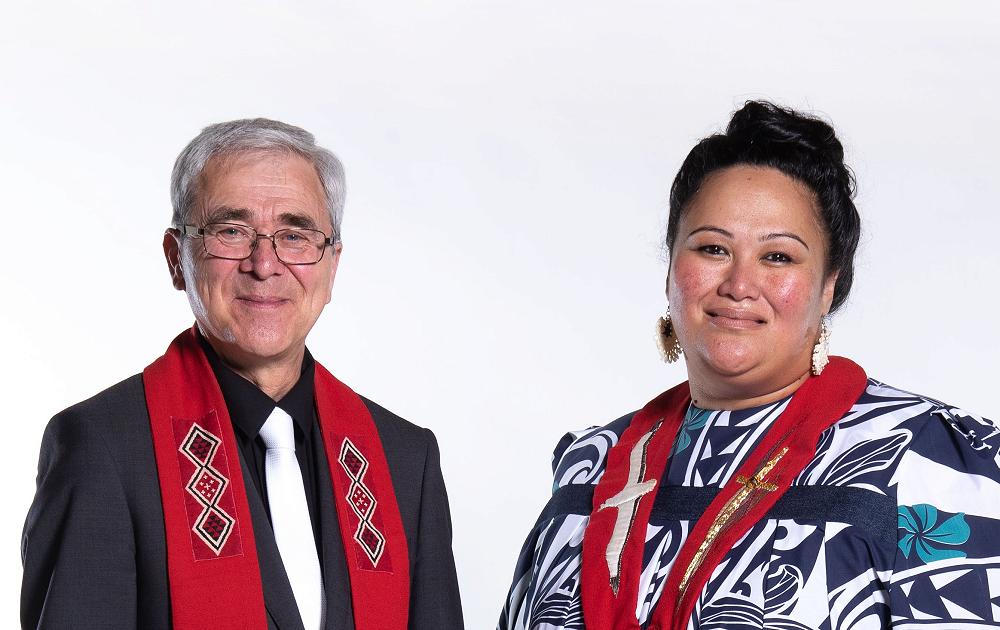
Hope Rising from the Ashes
Fawkes, the phoenix bird, features in the Harry Potter books. When Harry first meets Fawkes, disaster strikes: the bird dies and bursts into flames. However, Harry is reassured that this is normal and from the ashes emerges a phoenix chick – Fawkes reborn.
‘From disaster comes rebirth’ is a common theme in Christian experience for individuals and communities. This year I have visited Baring Square (Ashburton), Christchurch North, Aldersgate (also known as Durham St), Crossway Community and Woodend churches, as well as the Connexional Office, all affected by the earthquakes in Canterbury in 2010-11. In each case there was either a complete new build or significant modification. I was impressed by high quality and useful buildings but also recognised the difficult journeys in achieving the outcomes. Some congregations were shocked to lose their churches, found temporary homes (often moving multiple times) and negotiated for years with builders, architects, the Connexion and their local synod, often with set-backs and disagreements before the final results were achieved. But what results!
In early February I revisited Kerikeri, admiring their new premises and facilities. Later that month I attended a meeting regarding the Methodist presence in Timaru, un-related to earthquakes, in which very creative ideas for our Methodist properties were discussed.
In each case from what could have been understood as purely ‘disaster’, there emerged (or for Timaru will emerge) from the ashes a phoenix church, with renewed premises and also renewed vision and hope.
“This is all very well,” you might say, “but we cannot afford to rebuild or restructure our church.” Fair enough. But does this mean you have no hope?
At the last Council of Conference meeting, TeRito and I talked about humility, humour and hope. Humility recognises that we do not, and cannot, know all the answers and whilst wrestling with our situations and understandings of God we have to live with uncertainty. Humour recognises the absurdity of our faith and our situation (e.g. How could one man’s death affect all humanity? How dare we think that a small group of Methodists can change communities?). Hope bases itself on waiting for God alone, not our buildings, programmes, cleverness or resources. However, waiting does not mean doing nothing; instead it actively seeks and explores God’s will.
Without hope churches will continue to decline, budgets shrink and buildings close. With hope there is possibility, room for God to energise and redirect. Unlike Harry Potter there are no magic wands, and hope almost always will bring heartache and a troublesome journey -ask those from the churches above - but it is the only way forward.
Hope does not need a new building or lots of money. However bleak the present situation seems (even is), God has not abandoned the church and never will. Like Israel in Babylonian exile let us wait “for the new thing God is going to do” (Isaiah 43.19). Only in this active waiting with hope can Te Hāhi Weteriana o Aotearoa rise from the ashes, like Fawkes the phoenix.
